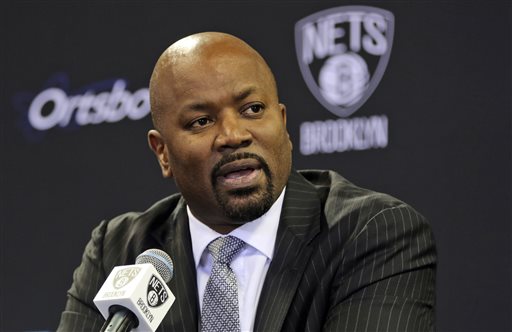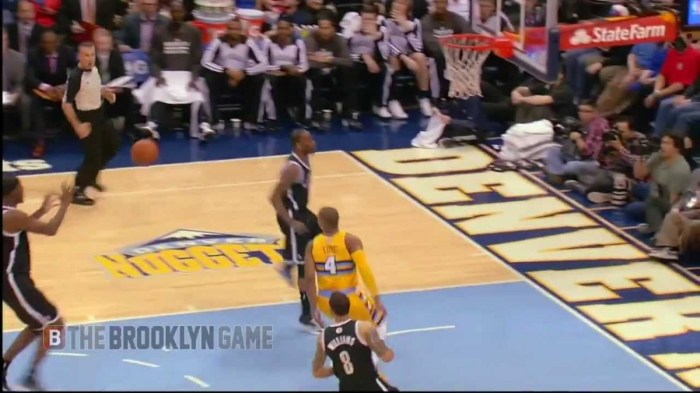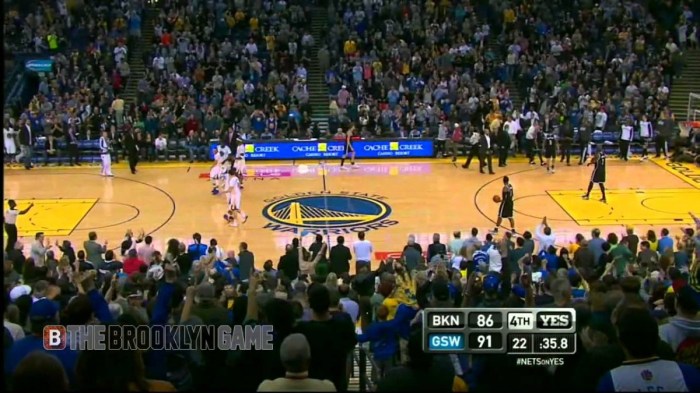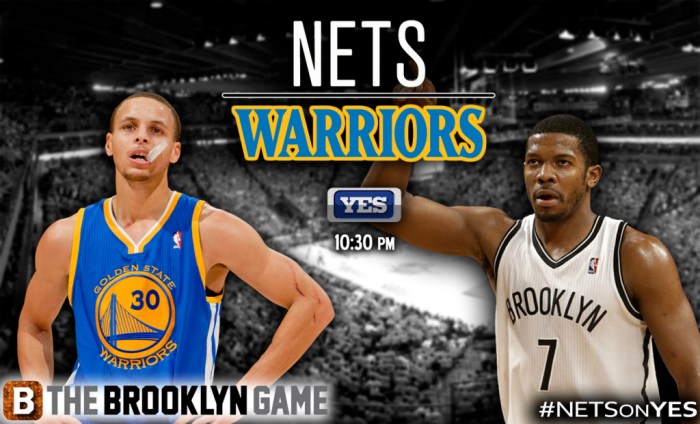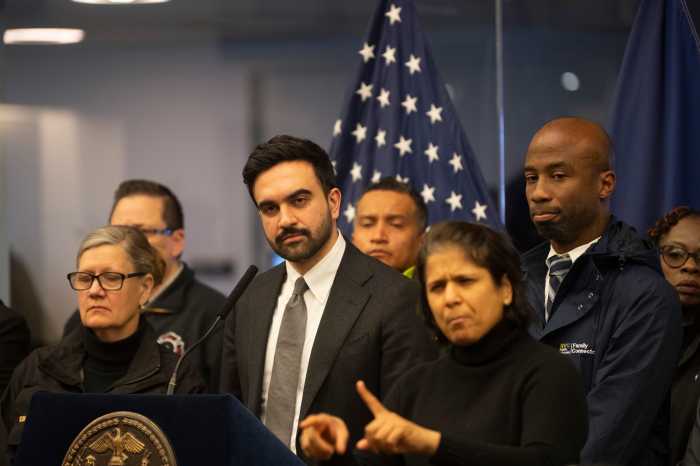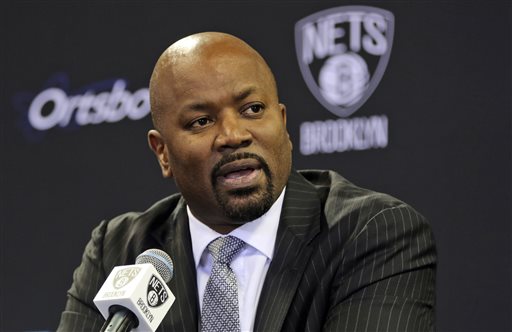
ESPN Forecast ranked all 30 general managers in the NBA, and Brooklyn Nets GM Billy King ranked 28th out of all 30 teams with a 3.81 ranking, ahead of only John Hammond of the Milwaukee Bucks and Joe Dumars of the Detroit Pistons. It’s also wrong.
King’s bottomed-out ranking reflects a commonly-held belief about King from his days in Philadelphia as the GM of the 76ers, when he handed out multiple onerous long-term contracts to underwhelming players like Matt Geiger (7 years, $50 million) and Theo Ratliff (7 years, $57 million).
In Brooklyn, King’s spending spree hasn’t stopped: the Nets are the only team with a payroll over $100 million, and with the league’s added punitive luxury tax penalties, the Nets tip near $200 million on their roster when all is said and done. So from a broad perspective, it makes sense: King spent money! He hasn’t stopped spending money! The Nets aren’t elite! He must be bad!
I’ve been a critic of King’s moves before, particularly in Philadelphia. But King isn’t spending $50 million on Matt Geiger anymore: his moves in Brooklyn have come with a unique caveat, that the money doesn’t matter, as long as it improves the team’s chances at winning a championship. In a league full of cost-cutters and deathly fears of the luxury tax, Nets owner Mikhail Prokhorov spits out spare change to pay Brooklyn’s expenses. That’s the top-down mantra, and that colors the lenses you have to view King through.
Let’s go back to the beginning. King was given a mantra to get a superstar, which the talented Derrick Favors wasn’t, and after striking out on Carmelo Anthony approximately 3 million times, orchestrated a deal with Utah Jazz GM and friend Kevin O’Connor for Deron Williams, who was only signed through the next season. King eventually re-signed Williams as the face of the franchise.
To help convince Williams to stay, King traded five pieces of cap flotsam (Anthony Morrow, Jordan Farmar, Jordan Williams, DeShawn Stevenson, Johan Petro), one draft pick (Shane Larkin), and the right to swap two future first-round draft picks for Joe Johnson, who’s hit five game-winning shots since. He then traded the right to swap a second-round pick in 2016 for Reggie Evans, who set a rebounding record, and when Evans stopped producing and fell out of the rotation, King packaged him with Jason Terry for scorer Marcus Thornton. Terry then announced he wouldn’t play the rest of the season.
His biggest trade was one any executive would have made in his position, sending away Kris Humphries, Gerald Wallace, Keith Bogans, MarShon Brooks, and Kris Joseph for Kevin Garnett, Paul Pierce, Terry, and three future first-round picks. From a player perspective, this was a no-brainer; the trade upgraded the Nets in talent and actually saved them money long-term. The picks are unprotected, which could prove costly if the Nets can’t continue to find talent in free agency or on the market. But that hasn’t been a problem for King since he took over the team.
When those contracts capped him out, he convinced Andrei Kirilenko, Mirza Teletovic, Andray Blatche, Shaun Livingston, and Alan Anderson to join the team for salary exceptions, three of them on minimum contracts, and one (Kirilenko) at a $7 million discount. King got Kirilenko at such a steal that the league actually investigated the Nets. King took Mason Plumlee with the 22nd overall pick, and Plumlee both leads all NBA rookies in PER and has filled in for Kevin Garnett as the team’s starting center. This all sounds like a defense, but it’s just statements of fact. That’s kind of the point.
King also took a massive risk in hiring Jason Kidd, fresh off retirement, as the team’s head coach. After two months of ridicule and criticism, Kidd has won two Coach of the Month awards in 2014, and the team often speaks of rallying behind Kidd.
King’s hit on a ton of little moves, and though he’s had mixed results on the big ones — Johnson and Williams aren’t playing like max-contract players, and Pierce & Garnett aren’t worth their double-digit millions in 2014 — he made every move with the focus on the team’s short window. Then, if and when things inevitably crash and burn, they’ve got a clean slate in 2016, when a few notable free agents hit the market.
There are better GM’s in the NBA. But 27? I’m not so sure about that.

